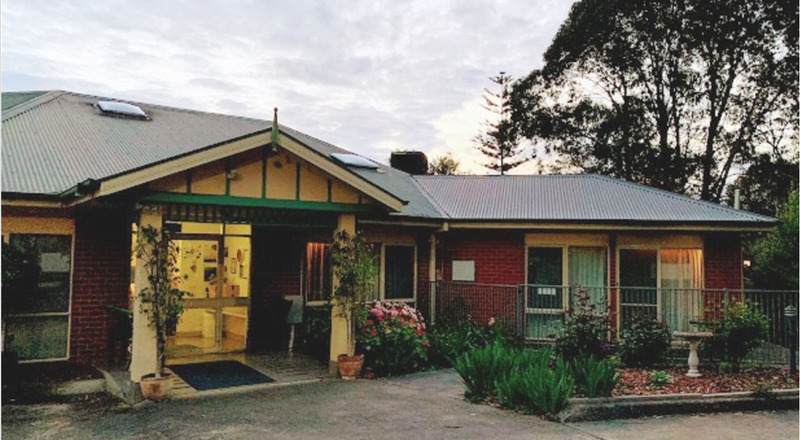AN-ACC funding a disincentive to get residents up and moving: Stephen Becsi, Apollo Care CEO
AN-ACC's allocation of higher funding to less mobile aged care residents is creating a disincentive for reablement, says Stephen Becsi, CEO Apollo Care. “I think it's a backwards step,” he told The Weekly SOURCE last week. “AN-ACC doesn't...

AN-ACC's allocation of higher funding to less mobile aged care residents is creating a disincentive for reablement, Stephen Becsi, CEO Apollo Care, told The Weekly SOURCE.
“I think it's a backwards step,” he said. “AN-ACC doesn't support reablement. We’re spending less for allied health and that's because the biggest cost driver for AN-ACC is mobility.”
Data shows that trend is being played out across the residential aged care sector, with providers using allied health staff for shorter periods.
In the March 2024 quarter, the number of minutes of care provided by allied health staff decreased by 0.93 minutes compared with the March quarter the previous year, according to StewartBrown’s Aged Care Financial Performance Survey Sector Report.
The decline in allied health minutes is likely to be "a cost saving” or “a change in how providers deliver care services,” StewartBrown said.
The aged care accountant's conversations with providers, residents and allied health professionals "over several years" suggest there is "significant concern... the current funding and use of allied health is insufficient,” the report states. StewartBrown is conducting a survey on allied health minutes this year.
The Royal Commission into Aged Care Quality and Safety said “reablement and rehabilitation need to be a central focus of aged care.” The final report recommended funding incentives for providers to invest in restorative care and reablement.
The Strengthened Aged Care Quality Standards, due to come in from 1 July 2025, contain a specific focus on reablement in both Standards 3 and 5. Yet another reason the new Aged Care Act, a prerequisite of the new Standards, is needed sooner rather than later.
A spokesperson for the Department of Health and Aged Care refuted Stephen's allegation.
"The AN-ACC model generally provides more funding to those residents with lower mobility, however this does not mean that the AN-ACC model does not support reablement. In fact, to incentivise reablement, residents are not required to be reassessed for funding purposes if their condition improves under the care of a provider (consistent with Royal Commission recommendation 121 ‘Incentives for an enablement approach to residential care’). "In addition, under the Aged Care Quality Standards aged care providers must ensure each older person receives safe and effective personal care and clinical care. This includes ongoing assessment and planning for care and proving timely and appropriate referrals to individuals, other organisations and providers of other care and services." Stephen also said AN-ACC funding is not covering the costs of agency staff, which are unsustainably high in regional and remote areas, but necessary to meet mandated care minutes.
Browse and check availability of aged care homes on agedcare101





